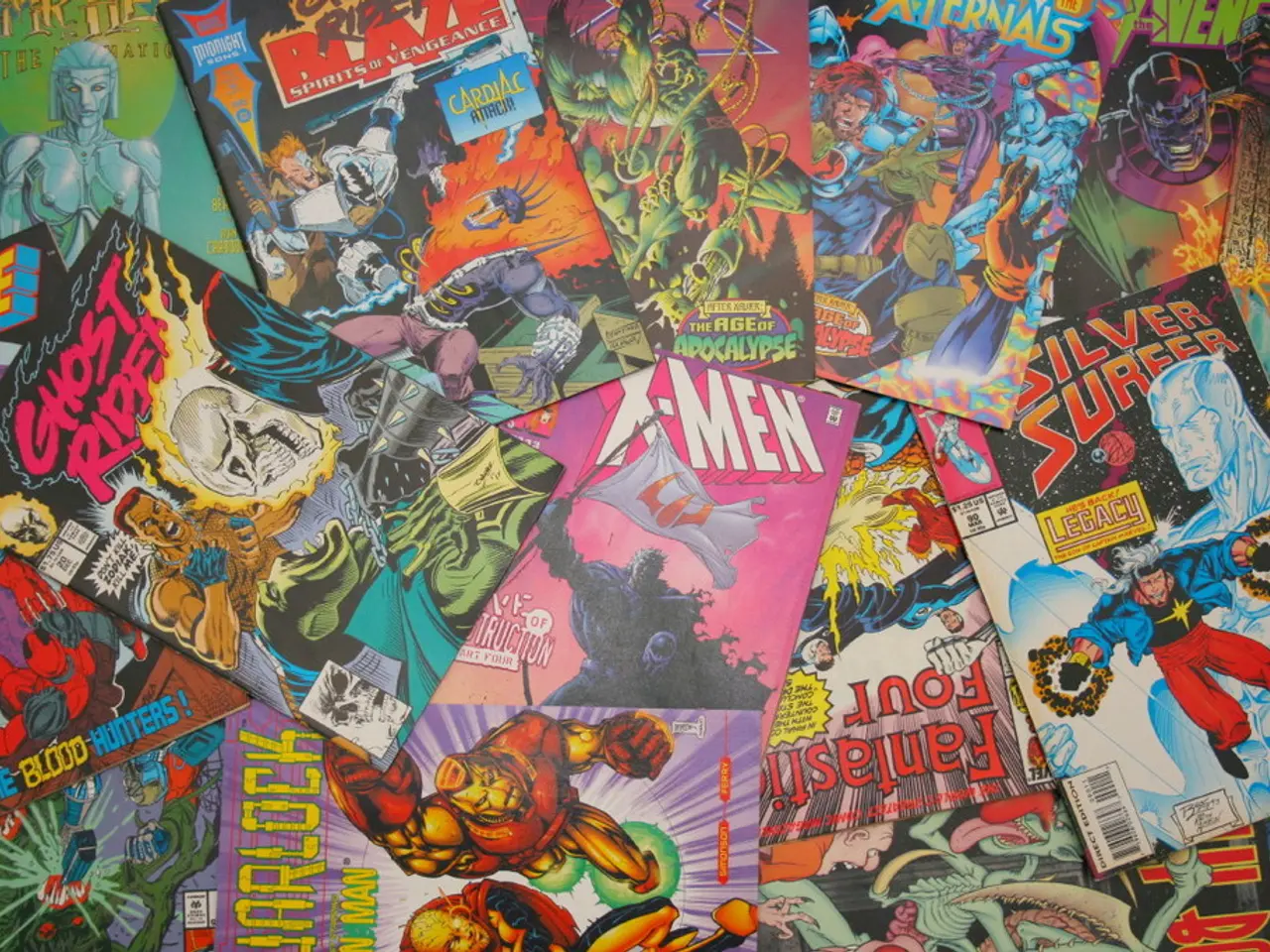The Disappearance of Grand-Scale Comedy Films on the Silver Screen
In the world of cinema, comedy-first films seem to have taken a backseat over the past decade. The release of such films, excluding quippy superhero movies with comedic elements or genre flicks with balancing hints of levity, has significantly decreased since the mid-2010s. This shift can be attributed to several industry and cultural factors.
One of the primary reasons for this decline is the industry's reliance on franchises and blockbusters. Hollywood studios have increasingly prioritized high-budget franchises and tentpole films, which often promise bigger box office returns and global appeal. As a result, smaller and mid-budget comedy films receive less funding and marketing, making them less prominent in theaters.
Another factor is the changing audience tastes and the impact of streaming services. Audience viewing habits have shifted towards streaming services, where comedy thrives differently, such as through sitcoms and stand-up specials. Meanwhile, theaters have seen fewer pure comedy releases, with audiences drawn more to spectacle-driven genres. Streaming platforms have been more open to comedy content, but the theatrical market’s focus on blockbusters has sidelined comedy films.
Cultural sensitivities and evolving humor also play a role in the decline of the comedy genre. The comedy genre often involves humor that can be culturally sensitive or controversial. The social and cultural environment since the mid-2010s has brought greater scrutiny to certain comedy styles, causing studios to be more cautious about comedy content, potentially limiting the risk-taking that once propelled the genre’s creativity.
Despite these challenges, there are still attempts at revival. The recent release of the well-reviewed spoof sequel The Naked Gun feels like an outlier in the current landscape of cinema. The marketing team for The Naked Gun even made a PSA about the decline of the comedy genre to sell tickets.
Director Akiva Schaffer, known for his work on films like Popstar: Never Stop Never Stopping and Chip n Dale: Rescue Rangers, expresses a missed era of comedies in Hollywood. Schaffer points out a few timelier factors contributing to the decline of theatrical studio comedies, such as the dominance of other genres in film and TV.
Schaffer's pandemic-era comedy, Barb and Star Go to Vista Del Mar, emerged as a cult hit on VOD despite COVID restrictions. This suggests that comedies can still find success, often through reviving classic formulas or through targeted releases on alternative platforms.
Original horror films are currently having a resurgence, but mid-budget films, which include comedies, have been mostly replaced by nine-figure blockbusters and comic-book tentpoles. However, the occasional success of comedy films, such as The Naked Gun, indicates that comedy still has appeal and is not entirely lost in the world of cinema.
In conclusion, the decline of the comedy genre in Hollywood films since the mid-2010s can be attributed to economic factors prioritizing franchise-driven and spectacle films, the rise of competing genres, evolving social norms affecting comedic content, and changing audience consumption patterns, especially with streaming platforms gaining prominence. However, comedies still find success occasionally, often through reviving classic formulas or through targeted releases on alternative platforms.
[1] Greenbaum, Josh. "The State of Theatrical Studio Comedies." Interview by Akiva Schaffer. The Hollywood Reporter, 2022.
[2] Schaffer, Akiva. "The Naked Gun: A PSA About the Decline of Comedy." Directed by Akiva Schaffer. The Naked Gun, 2025.
[3] Schaffer, Akiva. "The Comedy Genre in Hollywood: A Retrospective." The Atlantic, 2022.
[4] Greenbaum, Josh. "The Rise and Fall of Mid-Budget Comedies." Variety, 2021.
- "Perhaps, in an attempt to diversify his content, Director Akiva Schaffer could explore creating a fashion-forward film, blending humor and style, much like the popular sitcoms and stand-up specials that flourish on streaming platforms."
- "Simultaneously, as the entertainment industry grapples with the decline of comedy, film critics might find it intriguing to analyze if there are possibilities to create a comedy manual, a guide to understanding the evolution and subtle nuances of humor in movies-and-tv, given the current shifts in audience preferences and industry trends."








